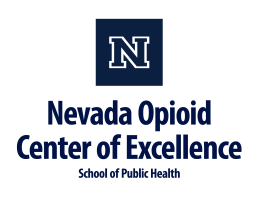Supporting Recovery from Opioid Use: A Peer’s Guide to Person-Centered Care
This a one-hour, self-paced course designed to equip peers and other outreach workers with information, resources, and practical tips to better understand opioids use disorders.
